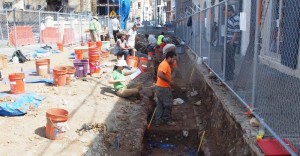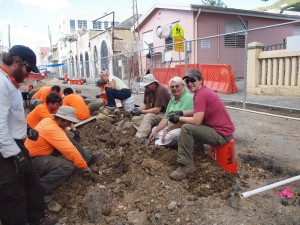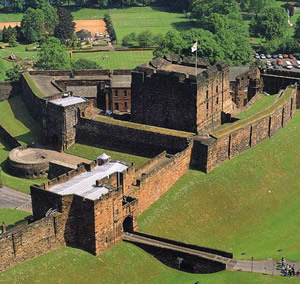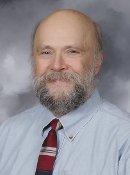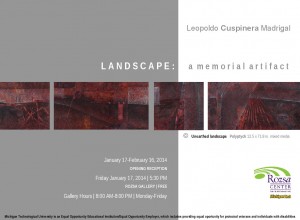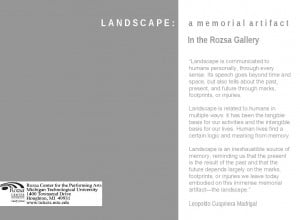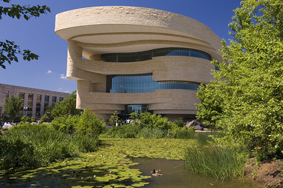
Emma S. Norman, assistant professor of geography (SS/GLRC) has just been named a research associate with the Smithsonian’s National Museum of the American Indian. This affiliation will allow her direct access to Smithsonian materials for research and educational purposes and also provide her the opportunity to collaborate with Smithsonian employees. The first project she is undertaking is to work with their staff cartographer and senior geographer to create a series of maps that show the changing settlement patterns of indigenous peoples along the Canada-US border (pre- and post-contact) and how those patterns impact access to and governance of water. These maps will appear in her forthcoming book, Governing Transboundary Waters: Canada, the United States, and Indigenous Communities (Routledge) and will also also be made publicly available through the Smithsonian.
From Tech Today.
